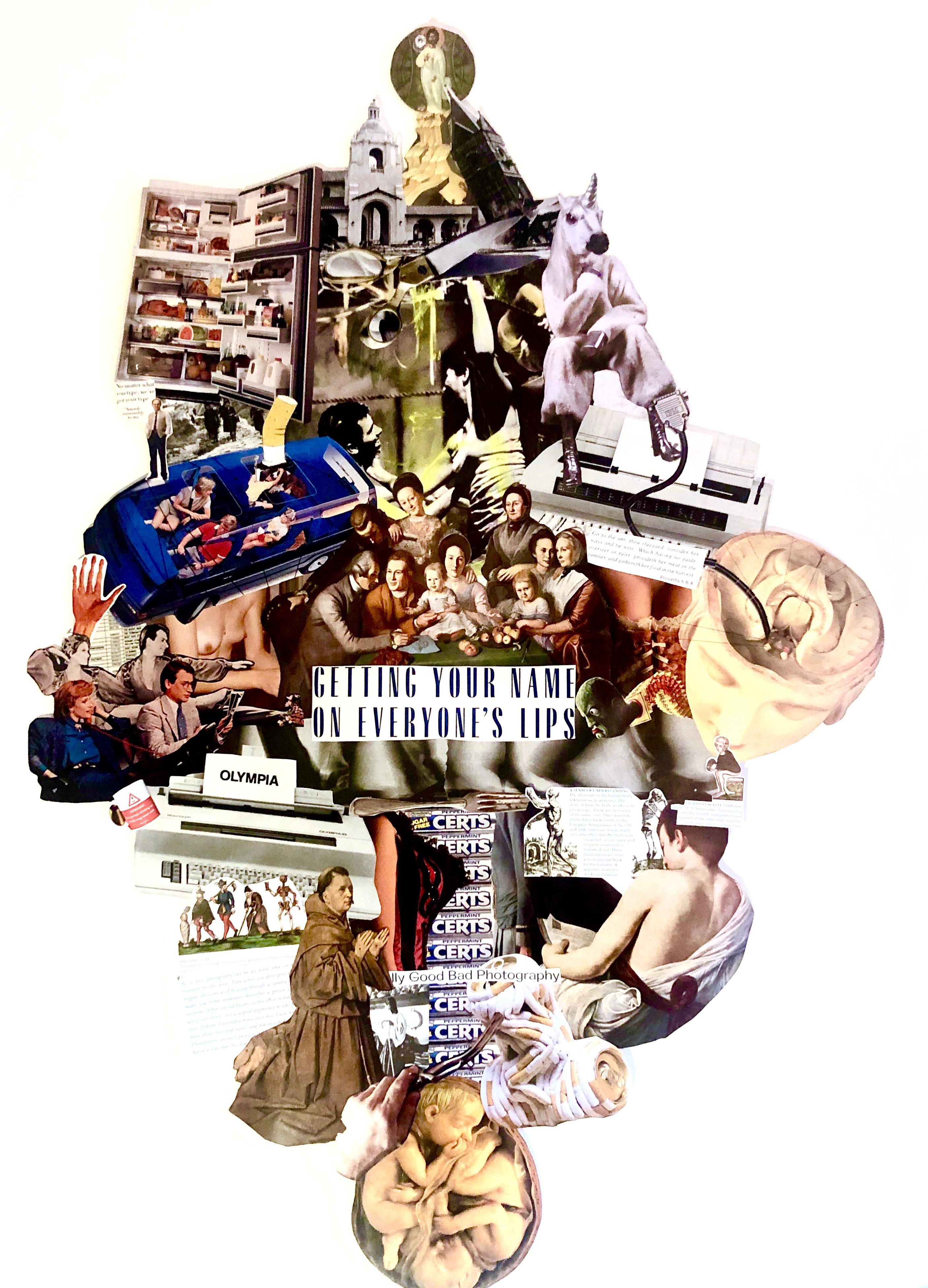
2 minute read
A Letter from the Editor
As we began brainstorming themes for print issue no. 5, Gadfy editors were in an unusual position. Our board and discussion meetings had been relegated to the gloomy cells of Zoom for over six months. The majority of us had never met each other in person. Starting college, conducting research, applying for jobs, even making friends—all now took place in a strictly virtual landscape. We were living and thinking in an entirely new world.
We found ourselves faced with a dilemma: wanting to talk about what we were going through, wanting to fully explore the philosophical ramifcations of the past year of our lives; yet also emotionally exhausted by endless think-pieces and COVID talk, wanting to turn away from the parade of images and statistics for a moment. After such a devastating and seemingly endless disruption of life, how could we not crave a space that felt untouched by it all?
Advertisement
And so we arrive at “carte blanche.” An interesting term, whose myriad of meanings and uses is itself refective of the unlimited possibility it describes. Literally translated as “blank card,” the term is typically employed to describe a blank check, a situation in which one is at liberty to ‘write in’ the sum to be paid. Carte blanche is frequently used in political situations—Emma James will draw attention to its militaristic connotations—to evoke situations of absolute liberty, of unconditional authorization to act. What we have, then, is an (impossible) image of a total lack of limits, of something that, by way of being nothing, occupies the status of pure potentiality.
Carte blanche, then, carries with it an immense ambivalence. It signals creative power, the emergence of new worlds. It also denotes a profound absence where meaning could be and yet is not. We see carte blanche as an invitation to explore what comes next, and thus to look hopefully toward a future; as well as providing a space to meditate upon the devastating conditions that have created this newness that we now live in. It has both an ethical function, a ‘what-must-we-do-now,’ and a cathartic one. We take stock of our blank slates. We ask, ultimately, how blank these slates truly can—should—be.
Erin Aslami opens the publication with a response to the apparent emptiness of the carte blanche in “Mental Math of a Recovering Skeptic.” How can action arise out of this disappearance of limits, this space in which neither identity nor difference can








